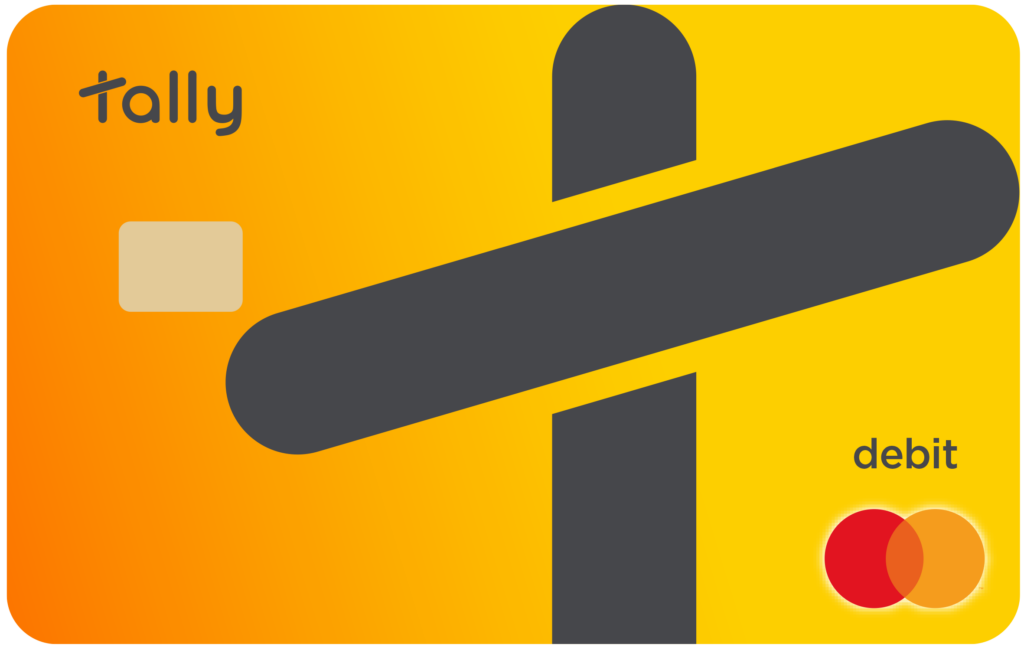The cancellation of sporting events worldwide will be one of the many economic hits caused by the global pandemic Covid-19. No doubt there will be a lot of legal wrangling for months or years to come with Insurers over the issue of business interruption and what insurance coverage companies had for this – if any.
The Wimbledon tennis tournament has been one high profile sporting event that did have pandemic insurance. Following the SARS outbreak in 2003, Wimbledon has been paying £1.5 million a year for pandemic insurance. This comes to a total of £25.5 million in premiums over 17 years, but Wimbledon’s expected insurance payout is £114 million, making the annual insurance premium a worthwhile investment.
Owning physical gold is a bit like having insurance for unexpected events. Gold has historically acted like an insurance policy against financial system failure or just against the gradual erosion of your purchasing power that is built into the fiat monetary system. (The Euro has lost 84% of its value against gold since inception in 1999.)
But you can’t buy insurance on your house burning down if it’s already up in flames.
The moment when you most need insurance is when it’s either too expensive or impossible to obtain. This may well turn out to be the case for buying gold as a hedge against the financial system collapsing.
It is impossible to predict the future, and that is especially true with how the oncoming financial chaos will unfold. It does seem that the current focus is understandably more on Covid-19 and if/how governments can keep the infections below a manageable rate, but at some point the focus will start to turn to the financial markets and the global economy in general.
The office of budget responsibility is predicting that the UK economy could shrink by 35% this spring and that Britain could experience its deepest recession in 300 years if the lockdown continues into the summer. Government borrowing could hit its highest level since the Second World War.
Most of the world’s currencies used to be backed by gold or silver. From the end of the Second World war until 1971 the world’s major currencies operated under a quasi gold standard known as The Bretton Woods agreement whereby only the US$ was backed by gold and then other currencies were pegged to the US$. President Nixon famously temporarily closed the gold window in 1971, and since then we have been operating under a fiat system, where currencies are essentially backed by debt.
This is why Tally is an important product. Tally makes it easy for regular consumers to own physical gold and use that gold as a currency. Your Tally account is your holding of physical gold and it is linked to Mastercard and the regular bank payments network.
Tally gives people choice in what type of money they can use.


